Monday, 22 April 2024
Menu
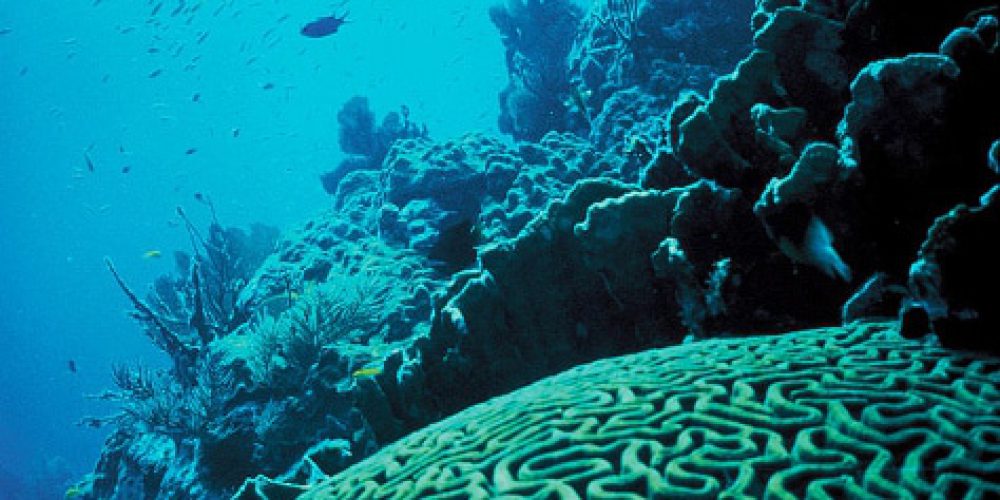
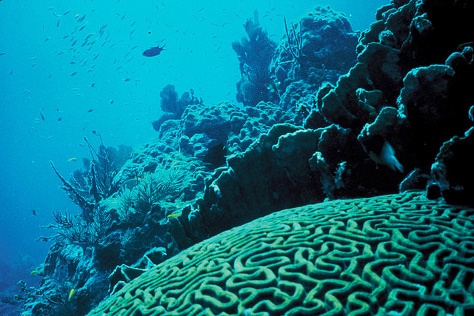
As you know, as a result of a warming climate and rising water temperatures, coral reefs around the world, as well as other sea creatures, are under threat. Corals from all seas, are being placed in freezers at a UK Zoo. This is to save them from extinction and preserve them for future generations.
According to the latest research, virtually all coral reefs in the world will be dead by 2040. They will be wiped out by rising ocean temperatures and acidification caused by increased CO² concentrations in the atmosphere. As a result, members of the Zoological Society of London (ZSL) have decided to create the world’s first coral reef bank. Thousands of samples of each species are frozen using liquid nitrogen at -200°C.
Whipsnade Zoo in Bedfordshire has been chosen as the home of the Global Coral Bank. Scientists are working hard to ensure that the frozen samples include every single coral from the nearly 2,000 species found on Earth. The creation of the cryobank was made possible by scientific breakthroughs in regenerating corals and bringing them back to life from frozen samples.
The project is the result of growing concern about the future of the world’s coral reefs. For many scientists, the results of the observations made on the Great Barrier Reef leave no illusions. The effect of the changes taking place in our environment is leading to the systematic destruction of coral.
Fortunately, the coral hibernation project, is only a “plan B” and for the time being, there are still attempts to save the reefs by revitalizing and regenerating them. However, if the degradation of the marine environment is not halted and stopped, in the near future the colourful reefs will be just a memory on the shelves of a giant refrigerator.
Source: www.timesonline.co.uk
Photo: europhication&hypoxia/flickr

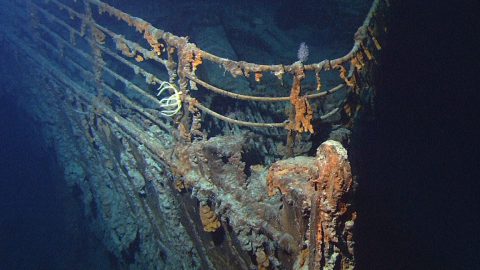
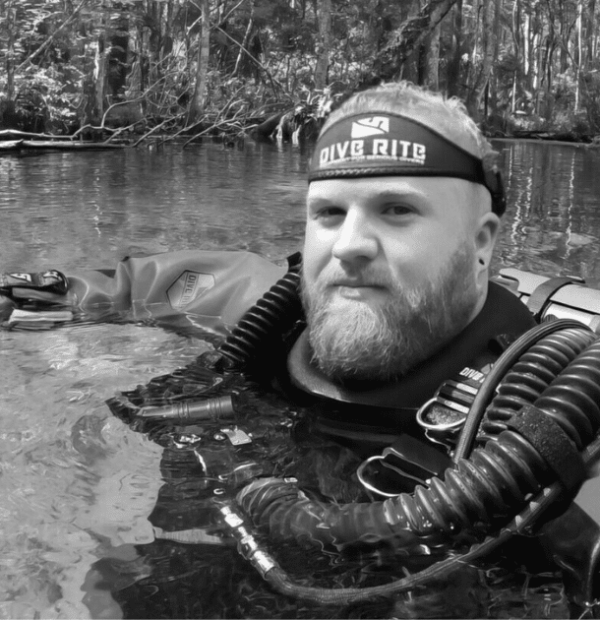
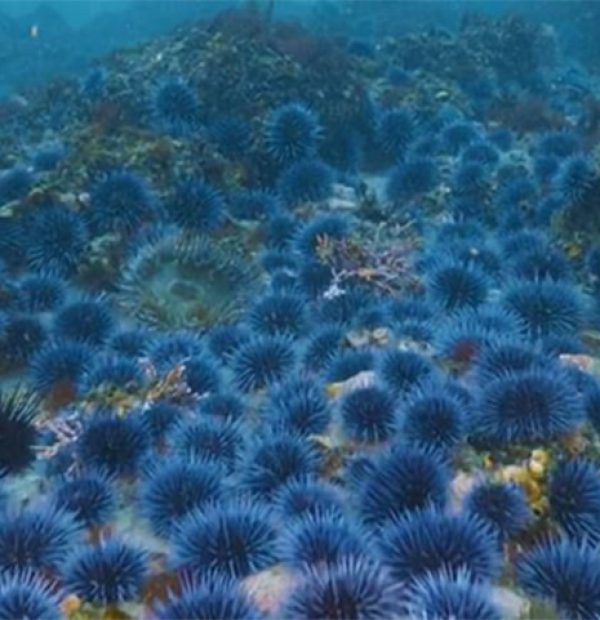
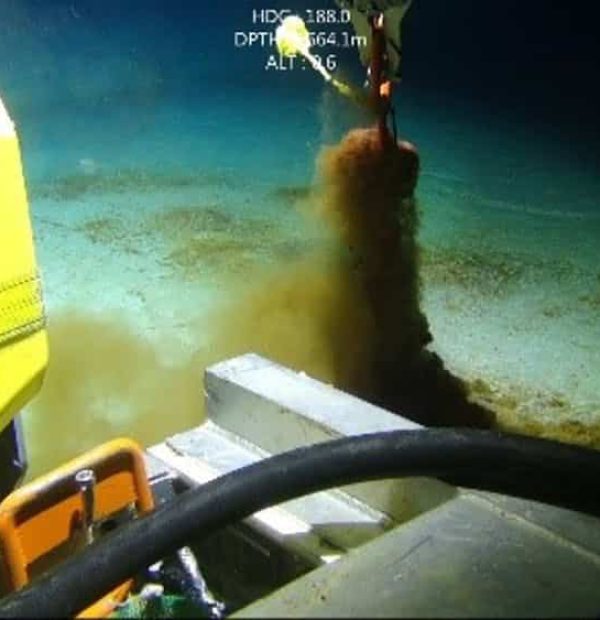
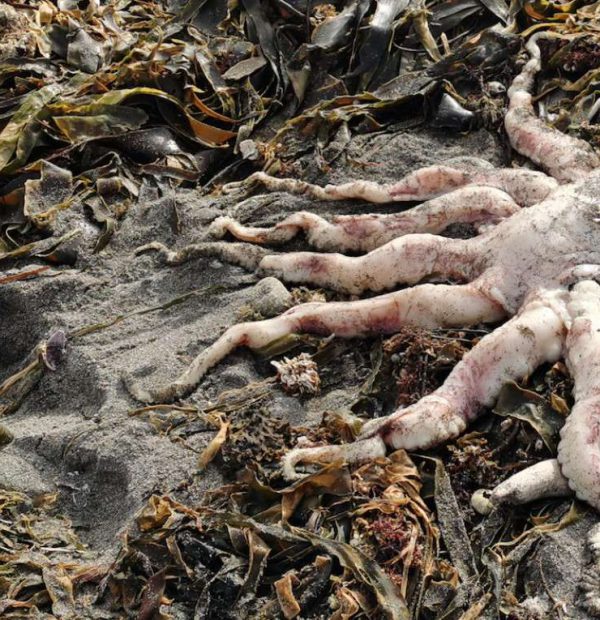
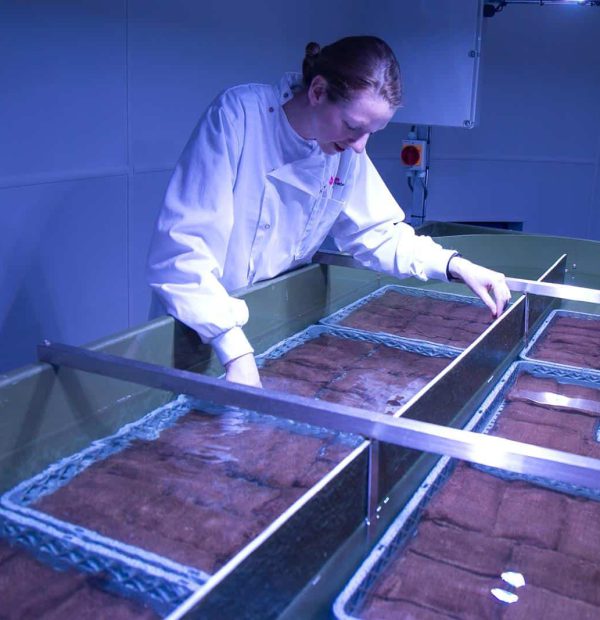
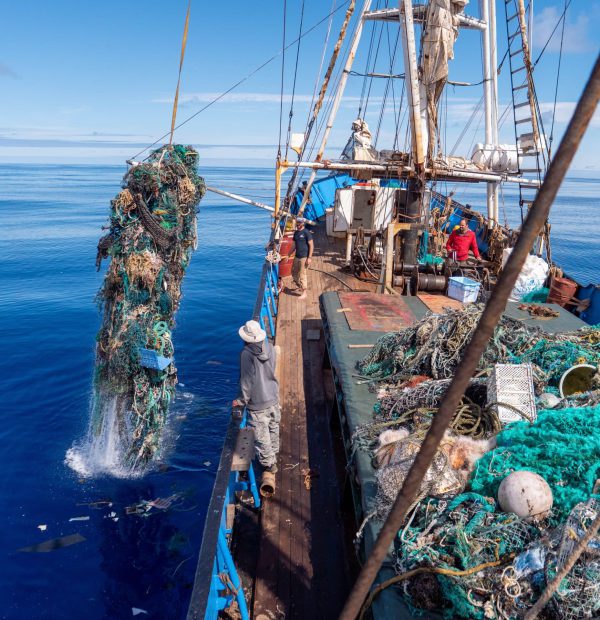
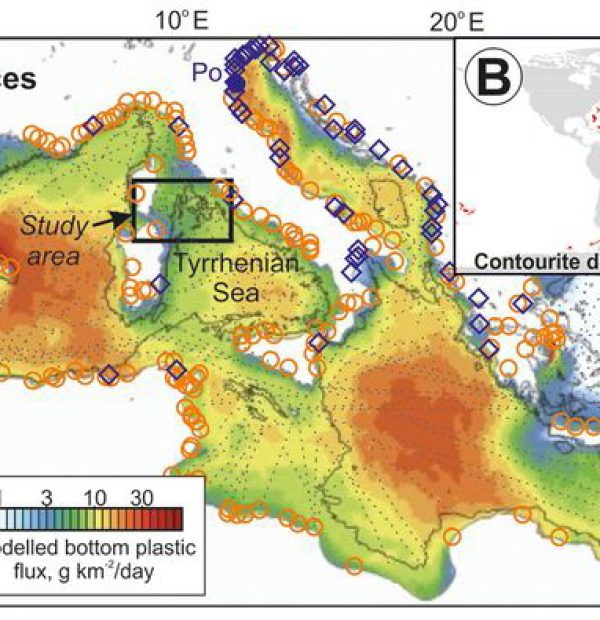

Welcome to DIVERS24.COM, your daily source of scuba news, freediving, scuba diving information, and equipment reviews. Our comprehensive coverage of the dive industry from A to Z provides you with all the latest scuba news, training updates, underwater photography tips, and everything else related to scuba diving. Whether you’re a beginner or an experienced diver looking for more knowledge about scuba gear or techniques – we’ve got it covered! With our in-depth articles written by experienced divers who have been there and done that, you are sure to find exactly what you need here at Divers24.com. Dive into scuba news today!
Underwater Media Sp. z o.o.
Szafarnia 11/F8,
80-755 Gdansk, Poland
Welcome to DIVERS24.COM, your daily source of scuba news, freediving, and scuba diving information. Sign in for a weekly news update and discount coupons for dive gear and apparel.
@2023 - underwatermedia.pl. All Right Reserved. Designed and Developed by Tworzenie stron internetowych Gdansk

The Divers24 portal is currently the largest online medium treating diving in Poland. Since 2010 we have been providing interesting and important information from Poland and around the world on all forms of diving and related activities.
Contact us: info@divers24.com